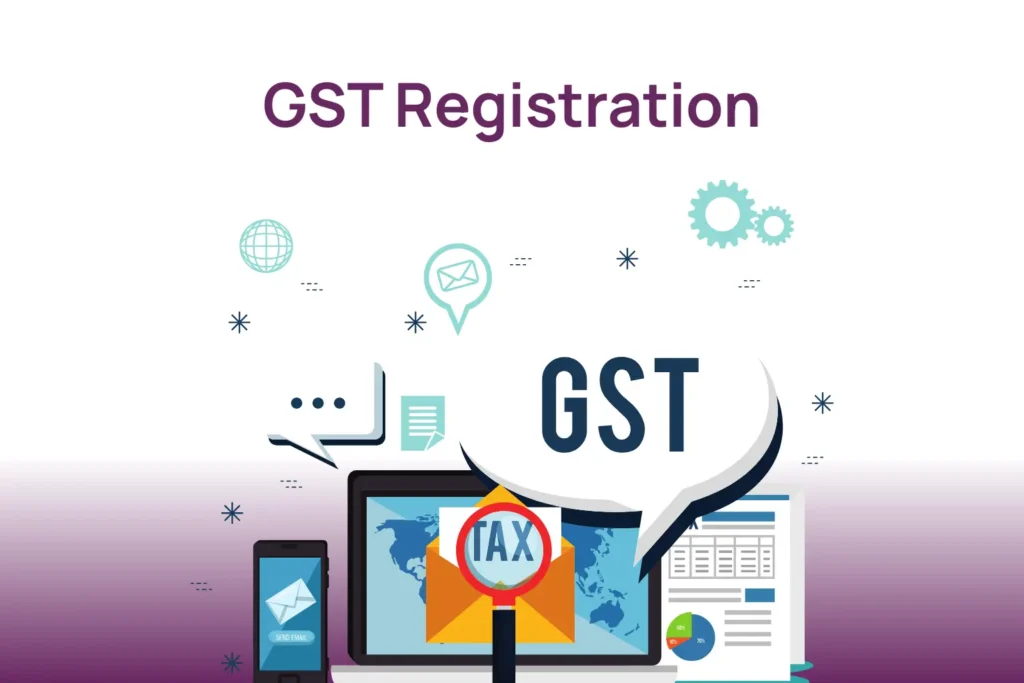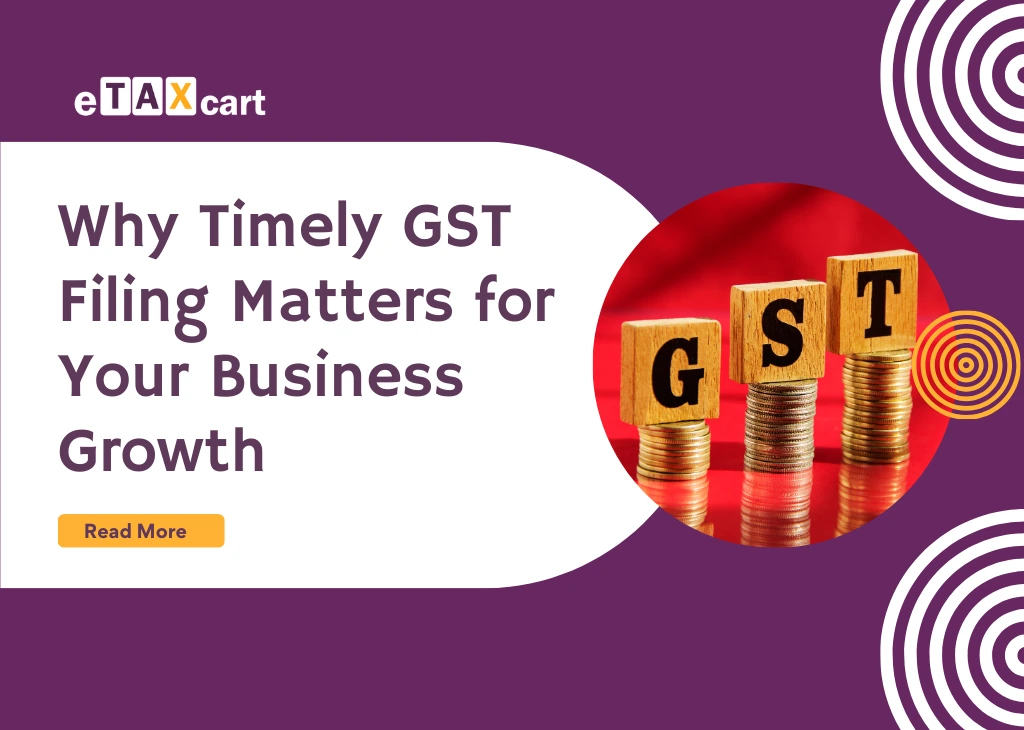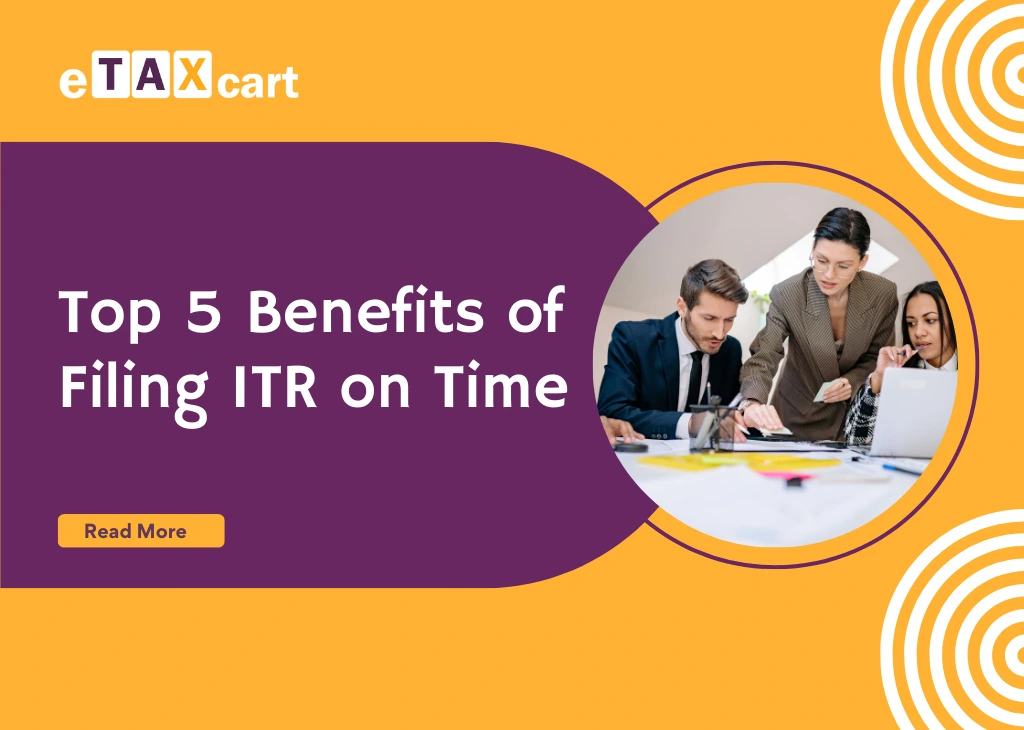
Who Needs GST Registration?
Not all businesses are required to register for GST, but it is essential for businesses that meet specific criteria. Let’s break down the types of businesses that must register for GST and those that can voluntarily opt for GST registration.
Are you involved in the business of supplying goods or services? Have you considered whether your business requires GST registration? As a growing enterprise, understanding the nuances of tax compliance is crucial. Could your business benefit from the advantages GST registration offers, like claiming Input Tax Credit and ensuring smooth operations across states? Let’s explore how GST could impact your business and whether you need to register for it.
Under GST, businesses are required to register and obtain a unique GSTIN (Goods and Services Tax Identification Number), which is used to track tax payments, and businesses that exceed a certain turnover threshold must comply with GST filing and payment procedures. The tax is applicable to various goods and services at different rates, and businesses are eligible to claim Input Tax Credit (ITC) on taxes paid on their purchases, thereby reducing the overall tax burden.
GST is a destination-based tax, meaning that the tax is levied at the point of consumption, i.e., where the product or service is consumed. This helps ensure uniformity and fairness in taxation, regardless of where the product is manufactured or the service is provided. GST has three primary components:
- CGST (Central GST): This is the portion of the tax that is collected by the central government on intra-state sales (sales within the same state).
- SGST (State GST): This portion is collected by the state government on intra-state sales.
- IGST (Integrated GST): This applies to inter-state sales (sales between different states) and is collected by the central government on behalf of the state where the goods or services are being delivered.
GST registration can be completed online through the official portal, allowing businesses and individuals to register without having to visit government offices. This online process provides a smooth and hassle-free experience, making it easy for taxpayers to comply with GST regulations efficiently. Once the application is submitted, the portal generates an ARN (Application Reference Number), enabling applicants to track the status of their registration in real time.

Why Mandatory GST Registration
Certain businesses are required to register for GST as per the rules laid out by the Government of India. These include businesses that fall under specific categories, such as the following:
-
Businesses with Turnover Exceeding the Threshold Limit
For Goods: Any business that has a turnover exceeding ₹40 lakhs annually(Other than special category states) must obtain GST registration. This threshold limit varies based on the type of business and the state in which it operates.
For Services: The threshold for GST registration for service providers is ₹20 lakhs (Other than special category states). -
Businesses Engaged in Interstate Supply
Businesses that are involved in interstate sales (i.e., sales between different states) are required to register for GST, regardless of their turnover. Exception: Handicraft goods and craftsman goods turnover upto 20lakhs and 10 lakhs in special category states.
-
Businesses Making Taxable Supply
Any business that supplies taxable goods and/or services, including e-commerce businesses, must register for GST. If your business deals in goods and services that are subject to GST, such as manufacturing, retail, or service-based industries, then GST registration is mandatory if you meet the turnover or supply criteria.
-
Businesses with Online Presence
E-commerce operators: Any business that operates an e-commerce platform is required to register for GST, regardless of turnover. This is because e-commerce operators facilitate the supply of goods or services, and the government requires them to collect and remit tax on behalf of the vendors.
E-commerce sellers: Sellers who sell through online platforms must also obtain GST registration.
-
Casual Taxable Persons
A casual taxable person is someone who occasionally undertakes business activities in a state where they do not have a fixed place of business. These individuals must register for GST, irrespective of turnover, as they might have to pay GST on their supplies.
-
Non-Resident Taxable Persons
Non-resident taxable persons, who do not reside in India but are engaged in providing goods or services within the country, must also register for GST.
-
Liability to Pay Reverse Charge
Under the reverse charge mechanism (RCM), the buyer (instead of the seller) is liable to pay GST. If you are a business that is required to pay GST under the reverse charge mechanism, you must register for GST, regardless of your turnover.
-
Specific Business Types (TDS/TCS)
If your business is required to deduct tax at source (TDS) or collect tax at source (TCS) under the provisions of GST, you will need to obtain GST registration.
GST Registration
Businesses that do not meet the mandatory criteria can still opt for voluntary GST registration if they wish to. There are several reasons why a business may choose to voluntarily register for GST:

Claiming Input Tax Credit
A registered business can claim Input Tax Credit on tax paid for goods and services purchased. This reduces the overall tax liability of the business.

Expanding Business Reach
Many businesses opt for voluntary registration to increase their credibility and gain trust among customers and suppliers. It may also help businesses win larger contracts or clients who prefer dealing with GST-registered businesses.

E-commerce Platforms
E-commerce sellers who may not be required to register under the threshold limit might still choose voluntary registration to ensure that they can sell seamlessly across platforms like Amazon or Flipkart.

Tax Benefits
Voluntary registration might help businesses in certain sectors gain tax advantages, even if they don’t meet the turnover threshold.
GST registration is a crucial aspect of tax compliance in India. Businesses must determine whether they need mandatory GST registration based on factors such as turnover, type of business, and the nature of their supplies. In case they do not meet the mandatory criteria, businesses can still opt for voluntary registration for various benefits, such as claiming Input Tax Credit and improving their business credibility. For any business that engages in the supply of goods or services, understanding GST registration requirements and adhering to compliance is essential to ensure smooth operations and legal protection.
Advantages of GST Registration
At eTaxCart, our mission is to make tax and compliance stress-free — so you can focus on growing your career, your business, or your next big idea.

Legal Recognition
GST registration grants your business legal recognition, ensuring compliance with the law and boosting your credibility in the market.

Input Tax Credit (ITC)
Registered businesses can claim Input Tax Credit on taxes paid on purchases, reducing overall tax liability and improving cash flow.

Nationwide Business Operations
GST registration enables businesses to operate across state boundaries without facing barriers, as it standardizes the tax system across India.

Avoid Penalties
Non-registration under GST can lead to penalties and fines. GST registration ensures you remain compliant with tax laws and avoid any legal issues.

Boosts Business Credibility
Being GST-registered increases your credibility with customers, suppliers, and financial institutions, as it reflects your commitment to compliance and transparency.

Eligibility for Government Tenders
Many government contracts and tenders require GST registration. Being registered opens up opportunities for your business to participate in these tenders.

Streamlined Tax Filing
GST registration allows you to file taxes online, simplifying the tax filing process and reducing paperwork and manual errors.

Increased Competitiveness
With GST registration, you can reduce tax costs by claiming Input Tax Credit, which can help make your products and services more competitive in the market.

Easy Inter-State Movement of Goods
GST registration allows for hassle-free movement of goods between states, as businesses can avoid paying additional state-level taxes or facing logistical hurdles.

Professional Image
GST registration projects your business as a more professional and organized entity, which can attract larger customers, investors, and business partners.
Key features of GST registration:
-
Single Registration for Multiple Business Locations
A single GST registration can cover multiple branches or business locations within the same state, simplifying tax compliance.
-
Automatic GSTIN Generation
Upon successful registration, businesses are automatically assigned a unique GST Identification Number (GSTIN) for easy tracking and identification.
-
GST Return Filing Requirement
Registered businesses are required to file regular GST returns (monthly, quarterly, or annually) to report sales, purchases, and tax liabilities.
-
Separate Registration for Goods and Services
Businesses offering both goods and services can register under GST separately for each category, streamlining the process and ensuring accurate tax collection.
-
GST Compliance for E-commerce Operators
E-commerce platforms must register for GST and collect tax on behalf of sellers, ensuring that online businesses comply with tax regulations.
-
Threshold Limit for Registration
GST registration becomes mandatory only if your turnover exceeds a certain threshold limit, which varies based on the type of business and the state.
-
Compulsory for Inter-State Supply
Any business involved in the supply of goods or services across state borders must be registered for GST, irrespective of its turnover.
-
GST Registration for Non-Residents
Foreign businesses or non-resident taxable persons who wish to supply goods or services in India must also complete GST registration.
-
Online Registration Process
The GST registration process is fully digital, eliminating the need for physical paperwork and providing a quick, efficient means for businesses to register.
-
GST Registration for Reverse Charge Mechanism
Businesses liable for the reverse charge mechanism, where the buyer rather than the seller pays GST, are required to register for GST.
Note: The government has now made biometric verification mandatory for Aadhaar authentication during GST registration on a case-by-case basis. This requirement currently applies in states such as Andhra Pradesh, Gujarat, Bihar, Delhi, Karnataka, Pondicherry, Tamil Nadu, West Bengal, and Punjab (this list is non-exhaustive).
Effective Date: 6th September 2024
What’s the updated process?
After submitting Form GST REG-01, you will either receive a link for OTP-based authentication or a link to schedule an appointment at a GST Suvidha Kendra (GSK).
If an appointment is required, please ensure to bring the following documents to the GSK:
Documents to the GSK:
View the documents required for the directors.
- Appointment confirmation email
- Jurisdiction details
- Aadhaar Card
- PAN Card
- Original documents
This updated process is part of the government’s effort to ensure secure and efficient GST registration.
Documents Required for GST Registration by Entity Type

Sole Proprietor / Individual
- PAN card of the proprietor
- Aadhaar card
- Bank account details (cancelled cheque or passbook copy)
- Address proof (electricity bill or rent agreement)

LLP and Partnership Firms
- PAN card of the partnership/LLP
- Partnership deed
- PAN and Aadhaar cards of partners
- Bank account details
- Proof of business address

HUF (Hindu Undivided Family)
- PAN card of HUF
- PAN and Aadhaar card of the Karta
- Bank account details
- Proof of principal place of business

Company (Public and Private)
- PAN card of the company
- Incorporation certificate
- PAN and Aadhaar cards of directors
- Bank account details
- Proof of business address
- Authorization letter or board resolution

Foreign Companies
- Registration certificate issued by the foreign authority
- Taxpayer identification number
- Passport of the authorized signatory
- Bank account in India
- Business address proof in India

Stages of GST Registration
- Our expert will reach out to collect the necessary business details.
- Verification and completion of the documents to be uploaded.
- Filing of the GST application.
- Allotment of the Application Reference Number (ARN).
- GSTIN (Goods and Services Tax Identification Number) is allotted.
Our Pricing Plans
Choose the plan that best fits for you. We have three major plans to offer.
Starter
- GST Registration filing
- Three month GSTR filing (upto 10 transaction every month)
Growth
- GST Registration filing
- One year month GSTR filing (upto 20 transaction every month)
Elite
- GST Registration filing
- One year month GSTR filing (upto 30 transaction every month)
- Accounting/ Book keeping for one year (upto 30 transaction every month)
Govt. Fees
DSC charges of 2300 per DSC will be applicable in case other than sole proprietor.
Why Choose eTaxcart for GST Registration?

Simple and Efficient Process
We streamline the GST registration process, making it quick and hassle-free, so you can focus on expanding your business without delays.

Affordable Pricing
Our GST registration services are priced competitively, offering excellent value for your investment in ensuring tax compliance.

Expert Assistance
Our team of professionals will assist you at every stage of the GST registration process, ensuring it is smooth, efficient, and fully compliant with all legal requirements.
Frequently Asked Questions
Here are the answers of the questions we received frequently.
Any business whose turnover exceeds ₹40 lakhs (for goods) or ₹20 lakhs (for services) in a financial year needs to apply for GST registration. Certain businesses involved in interstate supply or e-commerce operators must also register for GST, regardless of turnover
There are various types of GST registrations based on the type of business, such as regular taxpayer, composition scheme, casual taxable person, non-resident taxable person, and more. The most common type is regular taxpayer registration.
The GSTIN (Goods and Services Tax Identification Number) is a unique 15-digit number assigned to each business entity registered under GST. It is used for all GST-related transactions and filing returns.
Yes, if you are a freelancer or self-employed and meet the turnover threshold, you must apply for GST registration. GST registration helps you claim input tax credit on the services or goods you purchase for your business.
Yes, GST registration can be canceled if you stop your business, change your business structure, or no longer meet the criteria for GST registration. You must file a request with the GST portal to initiate the cancellation process.
Yes, if your business operates in multiple states, you must have a separate GST registration for each state. This is because GST is a state-specific tax and needs to be complied with as per the state’s regulations.
No, a valid PAN card is required for GST registration. The PAN serves as an identifier for tax purposes, and without it, you cannot complete the registration process.
Exports are considered “zero-rated supplies” under GST, meaning that goods or services exported from India are exempt from GST. However, businesses can claim input tax credits on exports, making GST advantageous for exporters.
eTaxcart simplifies the entire GST registration process for you. Our experts ensure that all necessary documents are submitted correctly, that the application is completed accurately, and that you receive your GSTIN without any delays.
Once your GST registration is complete, eTaxcart continues to support you with GST filings, maintaining records, and ensuring that you meet all legal requirements. Our services help you stay on top of your GST responsibilities, allowing you to focus on running your business.




